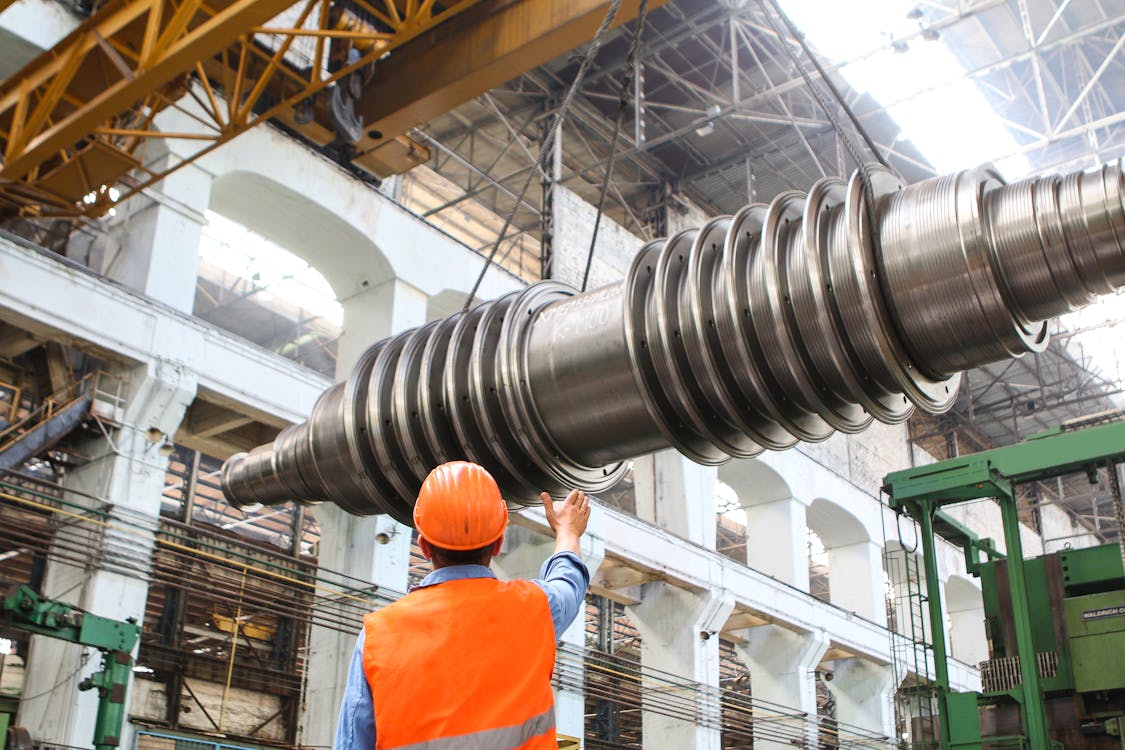
Data is available in huge volumes, but it remains a valuable yet untapped source for most SMEs. When it comes to the manufacturing industry, the processes are much more complex than in other sectors. Companies need to leverage big data analytics to improve their operations and see unparalleled improvements.
If you want to improve operational efficiency, improve customer experience, or expand in new markets, location data is your answer. In today’s world, location data is everything.Location intelligence analyticsand software programs can help you improve efficiency, increase profits, and decrease unproductive hours.
Manufacturers today can easily seek better operation efficiency even in competitive markets because location intelligence has completely changed the game. With so many countless technologies and tools out there, one thing you can rely on is geolocation technology. In fact, you should be making it a core part of your business processes.
The bottom line? If your own a manufacturing business, geolocation can help you improve your processes. In this guide, we’ll look at how location intelligence works, how it can help solve business problems, and how it will boost your manufacturing business. For advanced data science solutions, check out PREDIK Data-Driven.
What Location Intelligence Is and How It Works
Location intelligence is the process of using geospatial data to derive insights and solve complex business problems. This location data is used in multiple industries, including manufacturing. It helps with operations-focused problems such as route planning, employee safety, workforce optimization, and cost auditing.
With data-driven insights, manufacturers can improve their business processes. Since they work as a B2B (business to business) model, these deeper insights can help them address clients’ needs better and optimize operations.

Improving Customer Experience
In recent years, customer experience has overtaken quality and price as the main brand differentiator. Your customers will no longer just focus on the price or service/product quality you’re offering. Customer experience is where most manufacturers lose out on clients but leveraging location data can change that.
According to McKinsey, B2B companies need to improve their customer experience, and this is only possible with better tools and technologies. Location intelligence is a great way to meet important shipment deadlines and use data to predict production outcomes.
Modern customers want to track their orders. This feature can make the purchase process as transparent as possible, boosting satisfaction and trust among your customer base.
Location data will also help you meet production targets once you know where certain parts are at your assembly line. You monitor everything in the production process and review the quality issues before the orders are delivered to your customers and they complain.

Streamlining Sales Processes
Some manufacturing businesses also operate on a B2C model. Along with B2B, if you’re selling directly to some consumers, you need a better idea about your target markets. Using location intelligence and geospatial data, you can determine where your prospective customers are and how you can reach out to them. Next, you can arrange sales meetings and increase capital gains.
Labor Analytics
Even though modernization has improved the work processes, you still need manual labor to handle the machines. In any manufacturing facility, an already limited workforce can make things hard.
However, with location intelligence analytics, you can understand when your workers might take days off. This will help you forecast adequately and then allocate the existing labor. You can determine if you’re under or over-resourced. You can also identify the impact of labor in various departments, plants, or even corporate levels in your organization.
Route Planning
Geospatial data has been crucial in route planning for many years now. One example is using UPS routing to find the most feasible routes for larger vehicles. GPS data helps inform the fleets about driving routes which can reduce time while increasing gas efficiency.
By using location intelligence data, manufacturers can plan their routes, so their deliveries reach each client on time. Real-time location data also reveals traffic details such as nearby accidents, closed roads, or road blockages.
If we’re talking smaller scales, route planning also helps facilities increase process efficiencies. Inside a manufacturing facility, location intelligence data can reveal where certain workers face holdups and help them find the shortest route to help save time and distance traveled.

Automating Heavy Machinery
Heavy machinery is usually led by laborers, which always leaves room for inconsistencies or errors. However, now manufacturing facilities can rely on technology to automate the machines. Geolocation technology can help expand productivity and also improve the company’s budgets.
Location data helps floor managers track the vehicles and keep track of all machinery being operated in different parts of the facility. This automation makes the work process more productive and reduces downtime.
Location Intelligence Solutions at PREDIK Data-Driven
Are you searching for location intelligence software for your manufacturing business? Check out PREDIK Data-Driven. They are a big data analytics company and research firm using geospatial data for various data science solutions.
Their most recent service uses geolocation to unveil the DNA of a manufacturing facility. You can also check out their competitive intelligence, site selection analytics, and supply chain mapping tools.
Reach out to them or request a demo today.
